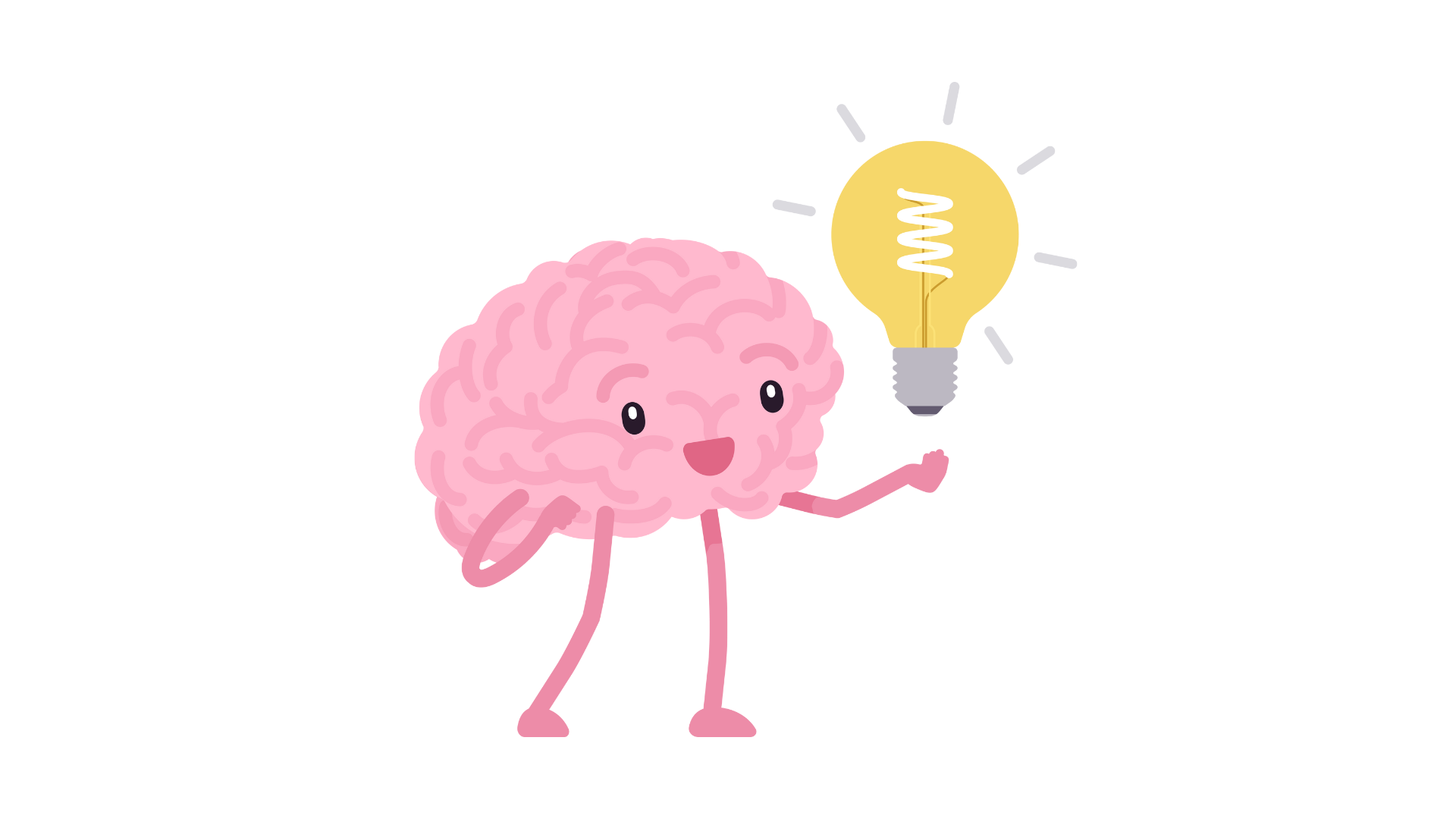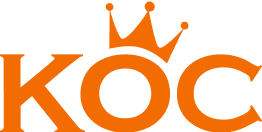Cognitive Development: Piagets Stages of Development
Cognitive development is the process by which children acquire the ability to think, learn, reason, and understand the world around them. It’s a fundamental aspect of growing up and contributes to how children process information, make decisions, solve problems, and even how they interact socially. While cognitive development naturally progresses as children age, the right experiences and activities can enhance these abilities, setting a foundation for lifelong learning and success.
The Importance in Early Childhood
In a world that’s increasingly driven by innovation, critical thinking, and creativity, cognitive development is essential for preparing children to navigate life’s challenges. This aspect of growth encompasses a wide range of skills such as:
- Attention and Focus: The ability to concentrate on tasks and filter out distractions.
- Memory: The capability to store and recall information effectively.
- Problem Solving: The development of logical reasoning to find solutions to challenges.
- Language Development: How children express thoughts and understand the world.
- Social Understanding: Learning how to interact with peers, understand emotions, and follow social rules.
Given its far-reaching impact, it’s important to recognize that cognitive development doesn’t just occur in the classroom. Parents, educators, and caregivers have the power to foster this growth by incorporating activities that challenge a child’s mind and encourage creative thinking.
Why Cognitive Development Should Be Included in Extracurricular Activities
While academic learning certainly plays a pivotal role in a child’s development, it often doesn’t focus on critical thinking and problem-solving skills that are essential for navigating real-life challenges. This is where extracurricular activities can make a huge difference.
Extracurriculars like sports, arts, music, and chess provide children with opportunities to exercise their cognitive abilities in new and engaging ways. By engaging in these activities, children not only build skills that improve their academic performance but also enhance their emotional intelligence, teamwork abilities, and strategic thinking.
How Chess Helps
Chess is one of the most powerful tools for enhancing cognitive development in children. It requires players to focus intensely, strategize multiple steps ahead, and constantly evaluate situations. Here are a few key ways that chess supports cognitive development:
- Improves Memory
Chess requires children to remember complex moves, strategies, and patterns on the board. This sharpens both short-term and long-term memory. The more children play chess, the better they get at recalling positions and evaluating new ones. - Boosts Problem-Solving Skills
Every move in chess is a problem that requires a solution. Children must analyze the board, anticipate their opponent’s moves, and think critically about the best action to take. This process strengthens their overall problem-solving capabilities. - Enhances Concentration and Focus
To succeed in chess, a child must be able to focus for extended periods, blocking out distractions and carefully considering each move. Over time, this boosts their attention span in both academic and non-academic settings. - Fosters Logical Thinking
Chess teaches kids how to think logically, connect cause and effect, and understand consequences. By weighing different moves, children develop their ability to think ahead and make informed decisions. - Develops Creativity
Chess is not just about following rigid rules—it’s also about creativity. Kids are encouraged to think outside the box and develop unique strategies, fostering innovation and creative thinking.
Piaget’s Stages of Cognitive Development and Their Relevance to Chess
Renowned psychologist Jean Piaget identified four key stages in cognitive development, each representing a unique set of abilities and thinking patterns. These stages are particularly relevant when considering how children interact with complex tasks like chess:
- Sensorimotor Stage (Birth to 2 Years)
In this stage, children are focused on learning through physical interaction with their environment. While chess isn’t applicable at this stage, introducing problem-solving games or puzzles can begin laying the foundation for cognitive development. - Preoperational Stage (2 to 7 Years)
Children in this stage start to use symbols and language but still struggle with logical thinking and understanding complex rules. Introducing chess at this stage helps children develop their ability to categorize, follow sequences, and understand the concept of strategy. Chess moves from simple to complex as children progress in their thinking. - Concrete Operational Stage (7 to 11 Years)
This is when children become capable of thinking logically about concrete events. They understand cause and effect, which aligns perfectly with the thinking required in chess. At this stage, kids can begin to grasp chess strategies, recognize patterns, and plan ahead. - Formal Operational Stage (11 Years and Up)
At this point, children can think abstractly and hypothetically, understanding complex systems and strategies. By this age, chess players can fully engage in high-level thinking, mastering sophisticated techniques and advanced game strategies.
Conclusion: Cultivating the Mind Through Chess
Cognitive development is not a passive process—it requires intentional actions, mental challenges, and creative stimulation. As one of the most effective tools for mental growth, chess offers children a unique opportunity to enhance critical cognitive abilities, from memory to problem-solving, while also nurturing creativity and emotional intelligence.
Incorporating chess into extracurricular activities is an investment in a child’s future, providing them with a solid foundation for academic success, emotional maturity, and personal growth.
For parents looking to give their children an edge in cognitive development, Kingdom of Chess offers expert-led chess programs that foster learning, concentration, and strategic thinking. Our curriculum is designed to help young minds unlock their full potential, both on and off the chessboard.



